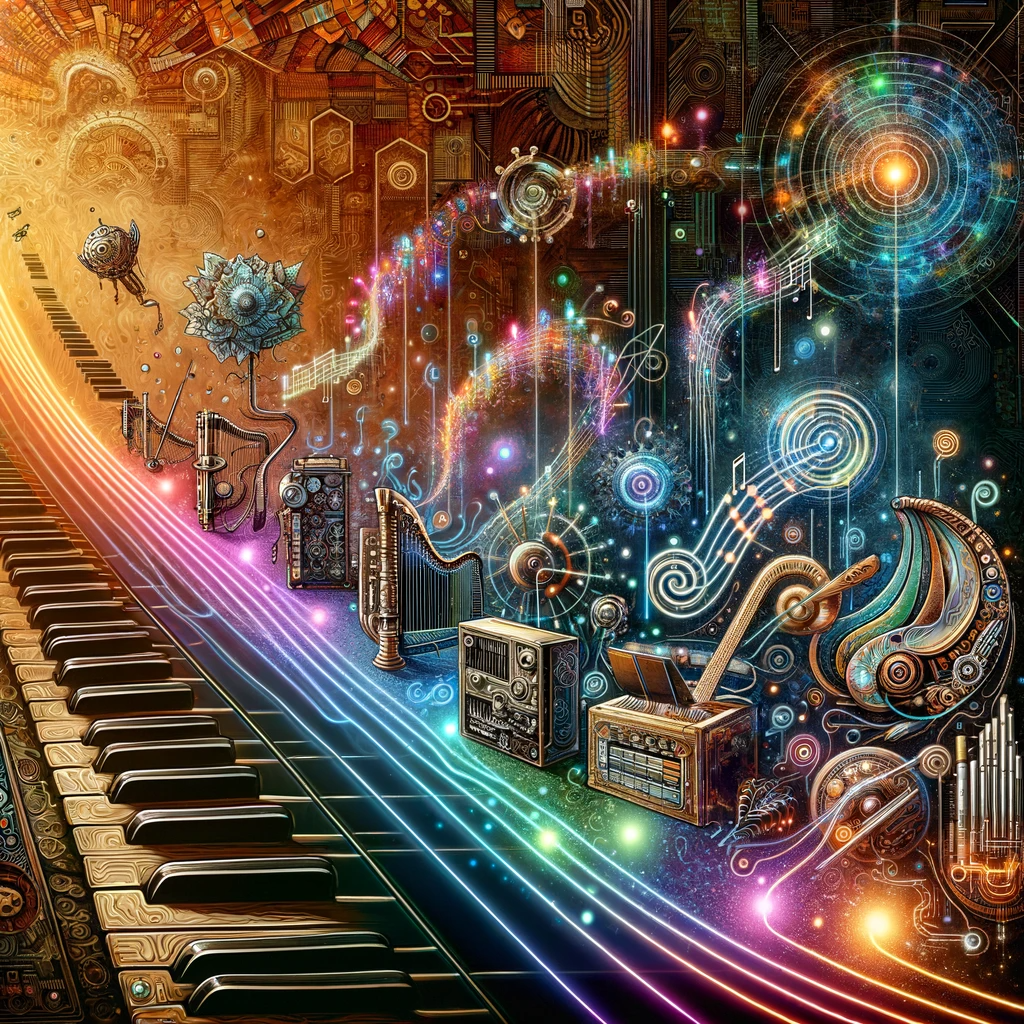AI Recreates Celebrity Voices . What It Means for the Future of Music
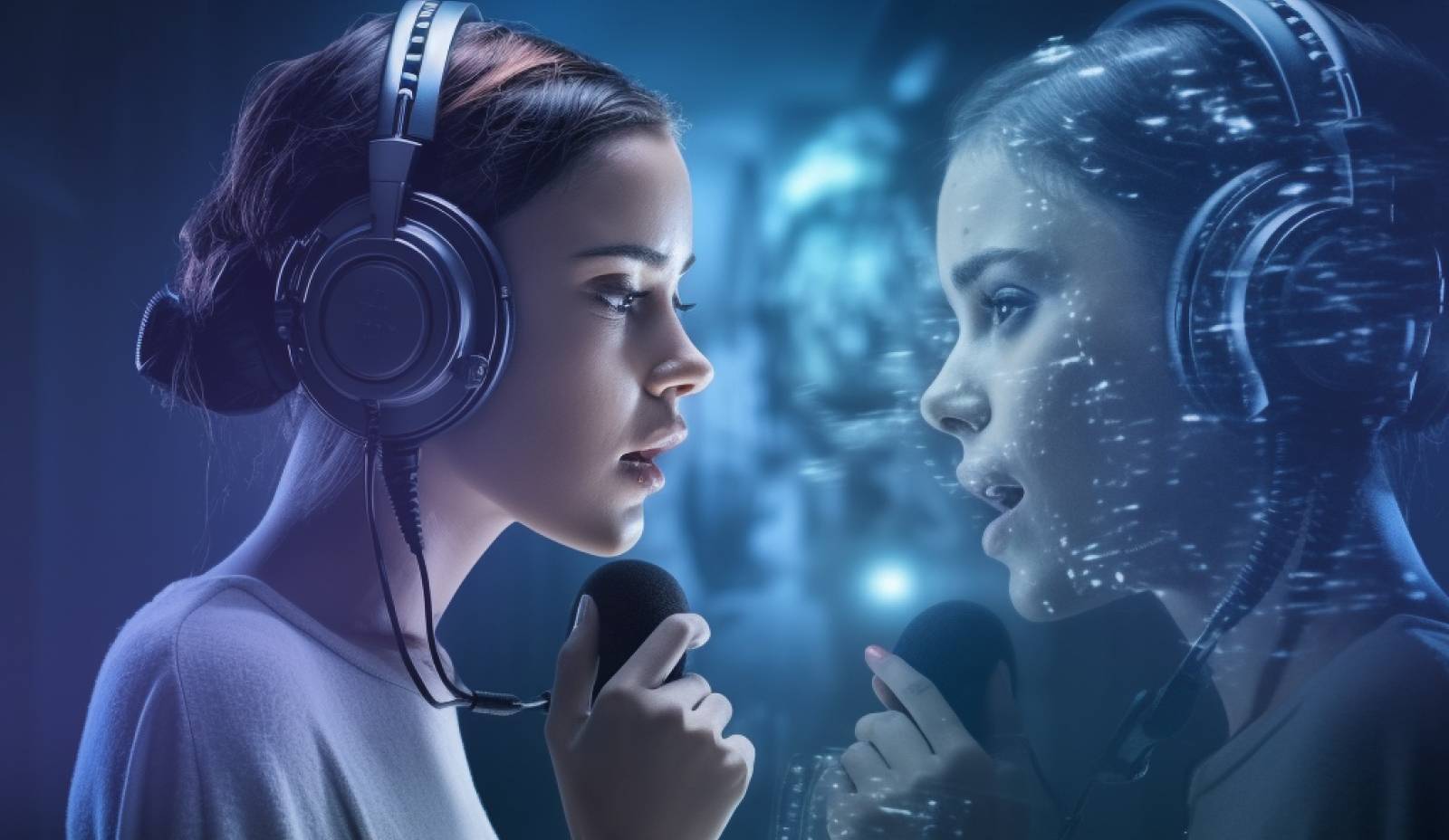
How artificial intelligence is reshaping vocals, copyright, and the future of sound in 2025
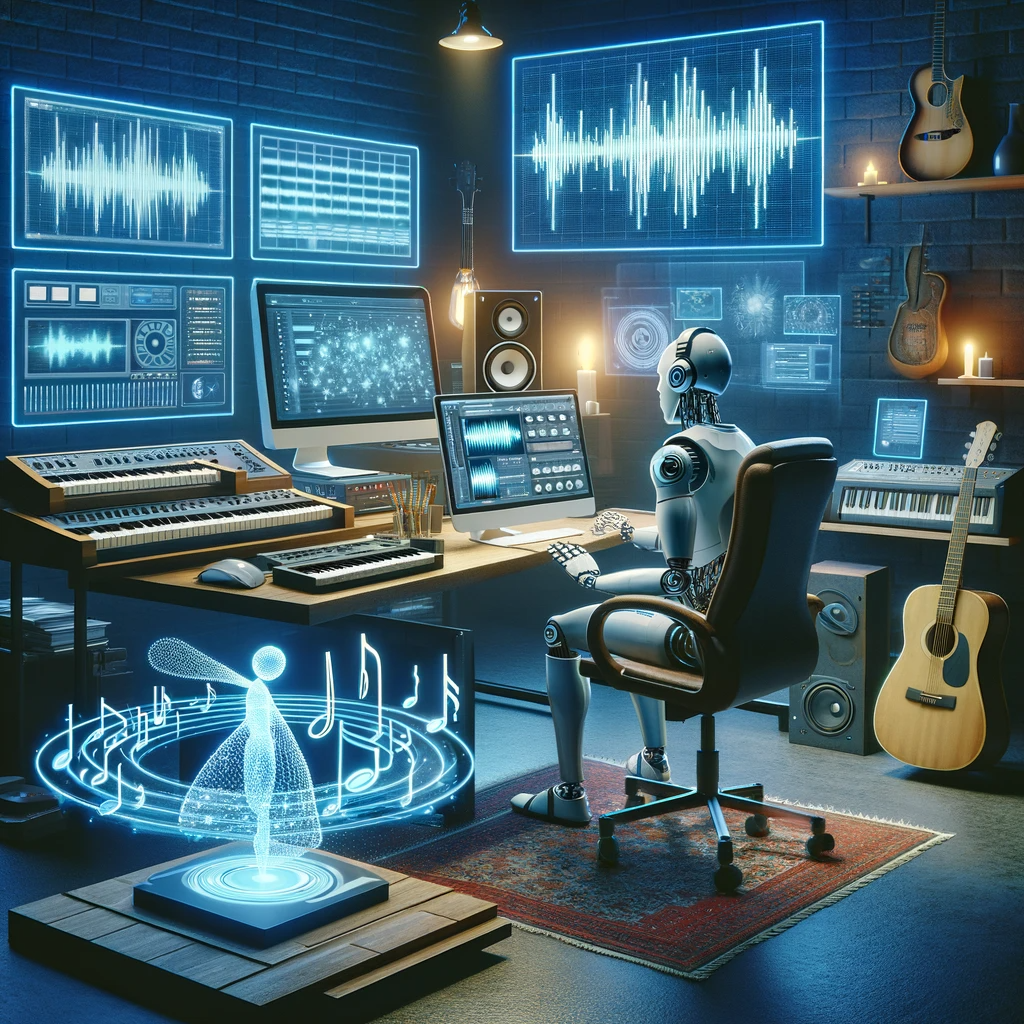
🔍 Spotlight Breakdown: The Rise of AI Vocalists
In 2025, we’re no longer just remixing tracks—we’re recreating voices. From virtual Bad Bunny bangers to an AI-generated Beatles resurrection, artificial intelligence is now stepping up to the mic… and singing.
But here at Spotlight Alert, we’re asking:
What does it mean when voices—especially celebrity voices—can be cloned, remixed, and sold by machines?
Is this the next era of creativity or the end of vocal authenticity?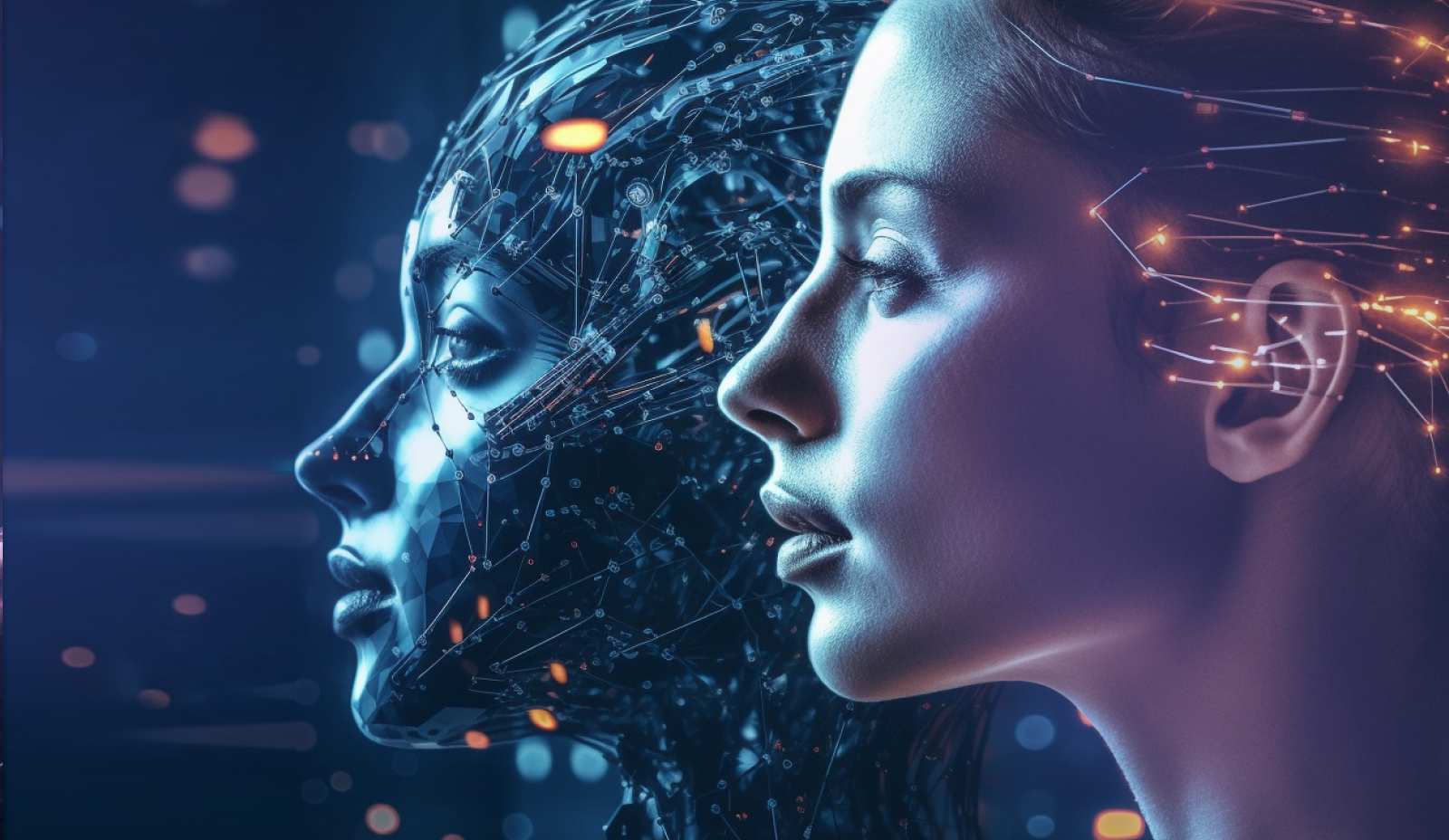
What Are AI Vocalists and Why Are They Trending?
AI vocalists are advanced algorithms trained to mimic human voices with eerie accuracy. In just seconds of training data, AI tools can clone vocal tones, accents, pitch, emotion—and even recreate deceased artists' voices.
Real-World Example:
In 2024, an AI-generated Bad Bunny song went viral. Many fans thought it was real. The artist? Furious. But the buzz? Unstoppable.
How AI Voice Tech Is Changing Music Creation
Tech Behind the Sound:
-
Machine Learning: Learns vocal patterns from real singers
-
Neural Networks: Reproduces vocal emotion and tone
-
AI Plugins: Allow artists to create or swap voices in real time
What used to take hours in the studio—like vocal layering or harmonizing—can now be done in seconds with a plugin.
AI Voice Cloning: The Dark Side of the Mic
While AI offers limitless creativity, there’s a rising wave of ethical chaos. Platforms like Revoicer.com have been accused of offering cloned celebrity voices—like vocal artist Remie Michelle Clarke—without consent.
In some cases:
-
Artists weren’t notified
-
No payment was made
-
Their voices were used for ads, audiobooks, or TikTok content
And in a world where Drake and The Weeknd’s AI voices can top charts before being pulled down by Spotify, the rules are still being written.
How AI Is Reshaping the Industry — For Better or Worse
Pros:
-
Low-cost production for indie creators
-
Cross-genre experimentation with virtual singers
-
Instant pitch-perfect vocals
-
Revival of historic voices (like John Lennon)
Cons:
-
Legal gray areas over voice ownership
-
Loss of opportunities for session singers & voice actors
-
Deepfake risks and impersonation scams
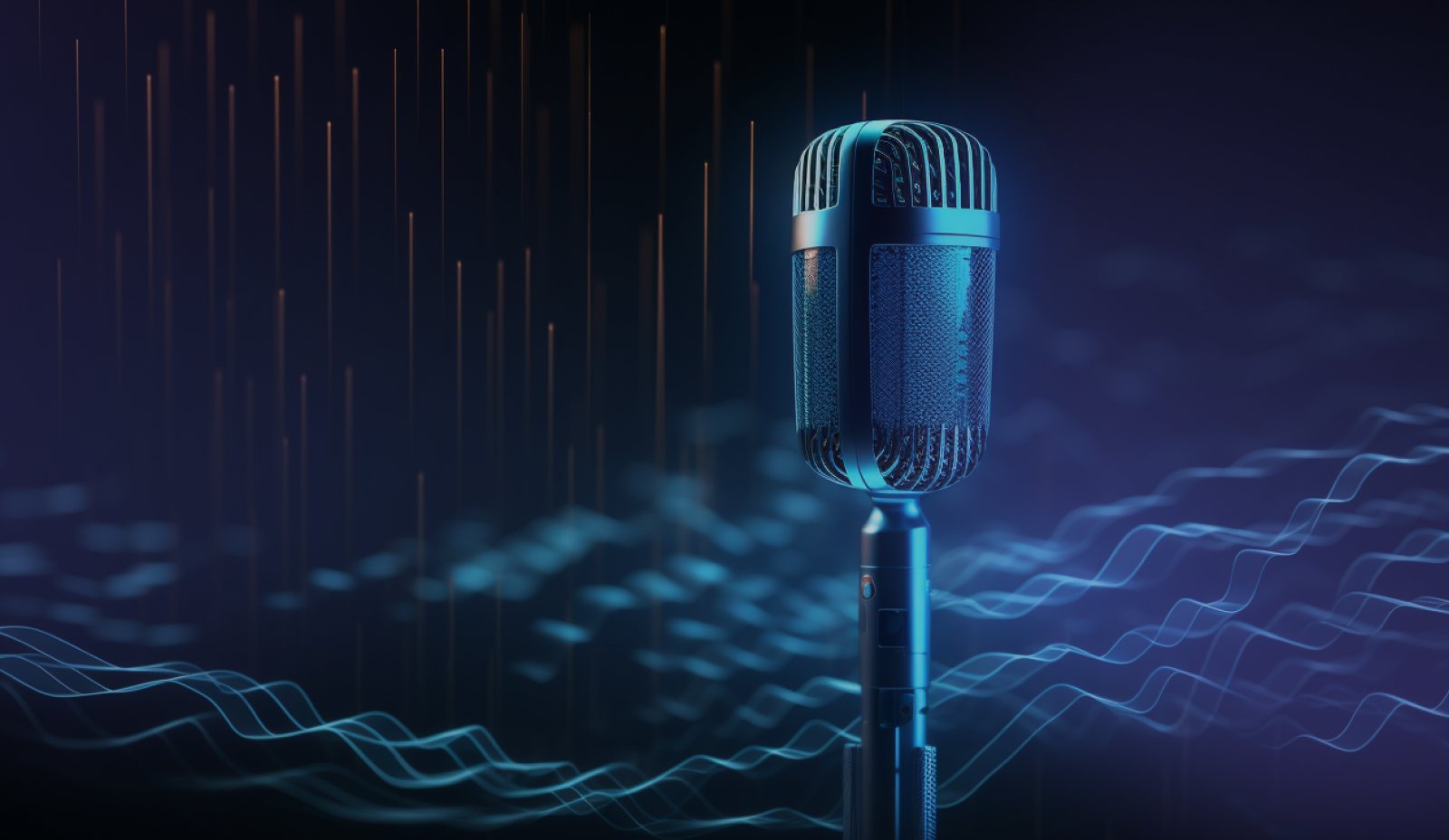
The Global Reach: From Tokyo to Toronto
-
Japan has led the way with virtual idols like Hatsune Miku
-
North America is using AI to 'revive' stars like Michael Jackson and Freddie Mercury
-
Latin America is navigating AI-generated reggaeton—with fans often unaware it's not real
Spotlight Insight: Is AI Enhancing or Erasing Artists?
AI should collaborate, not replace. But here’s the real question:
If your voice is your brand—and AI can replicate it—who owns your sound?
Copyright laws haven’t caught up. And artists like Bev Standing, whose voice became TikTok’s default narrator without consent, are now fighting back.
What Artists and Producers Should Do Now
-
License their voice like intellectual property
-
Use AI tools to enhance creativity, not erase identity
-
Be vocal about AI usage clauses in contracts
-
Collaborate with ethical platforms only
The Future of Music with AI Vocalists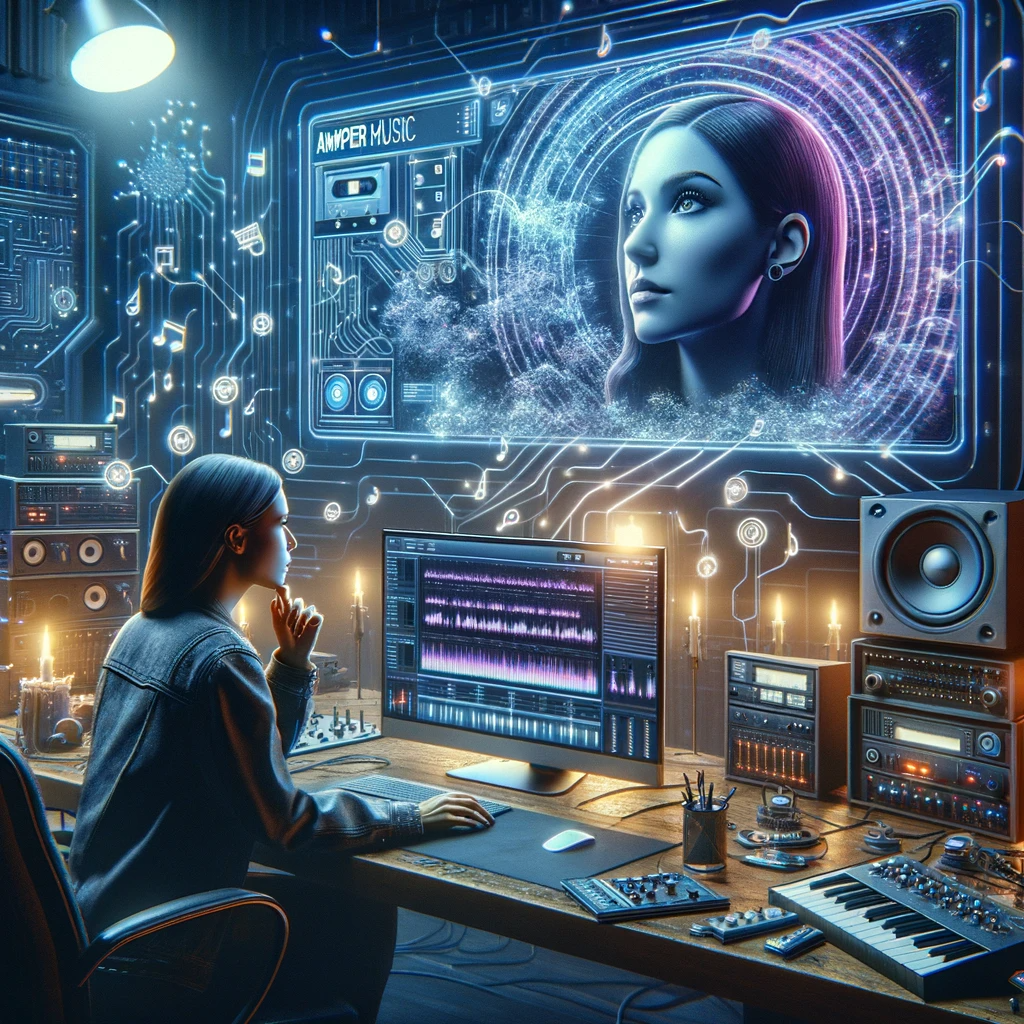
By 2030, expect AI voices to:
-
Perform in concerts with human artists
-
Feature on collaborative global albums
-
Act as virtual coaches for music students
-
Push music into uncharted territory (think Afrobeat + cyberpunk opera?)
But the soul of music—emotion, storytelling, intention—still belongs to humans.

